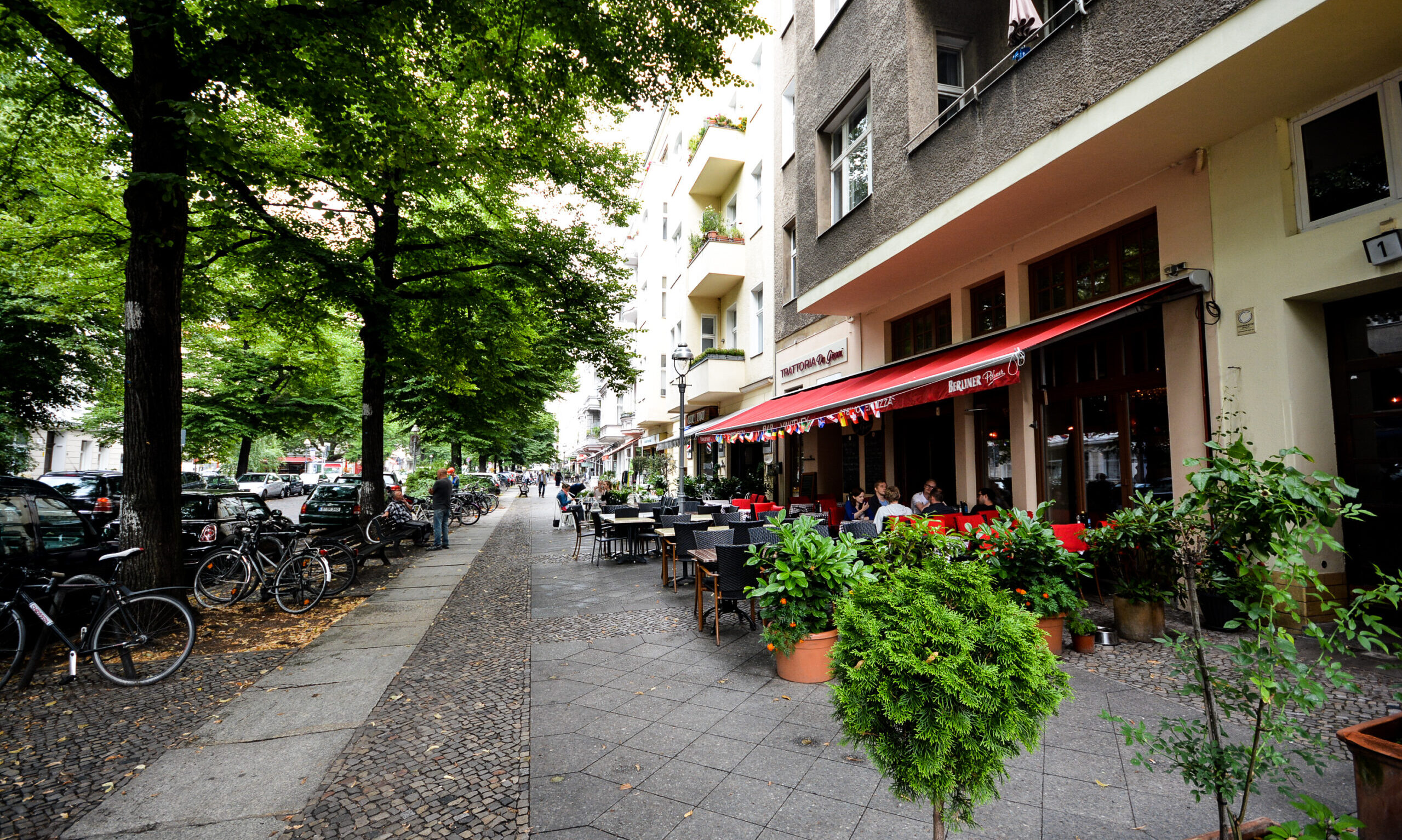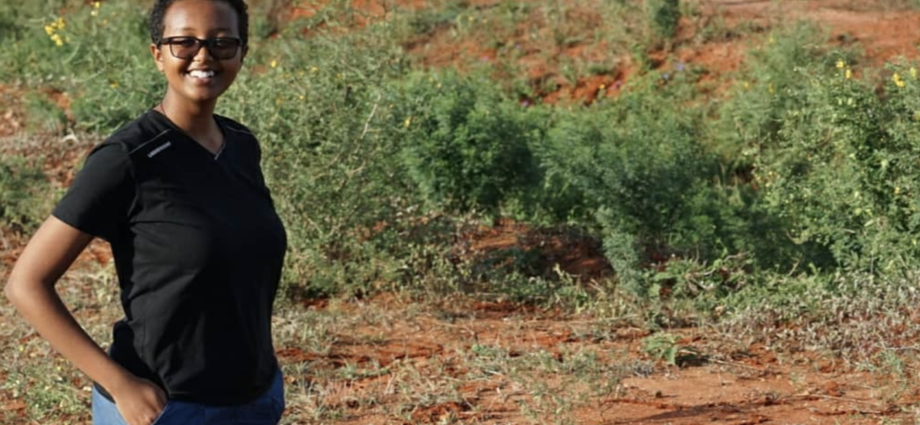I am motivated by a sustainable city model as I strongly believe our city lifestyle shapes most of what we can accomplish as a society. Starting from our individual mental health to our communal wellbeing, cities play a crucial role in the welfare of our species.
Medhanit Ayele
Introducing our Addis Ababa Correspondent Medhanit Ayele!
Here at Pedestrian Space we recently launched a Global Walkability Correspondents Network, as a way to build solidarity among walkability advocates around the world and continue to create media on sustainable mobility and urbanism.
We are grateful to welcome Medhanit to our growing network of individuals who are passionate walkability advocates.
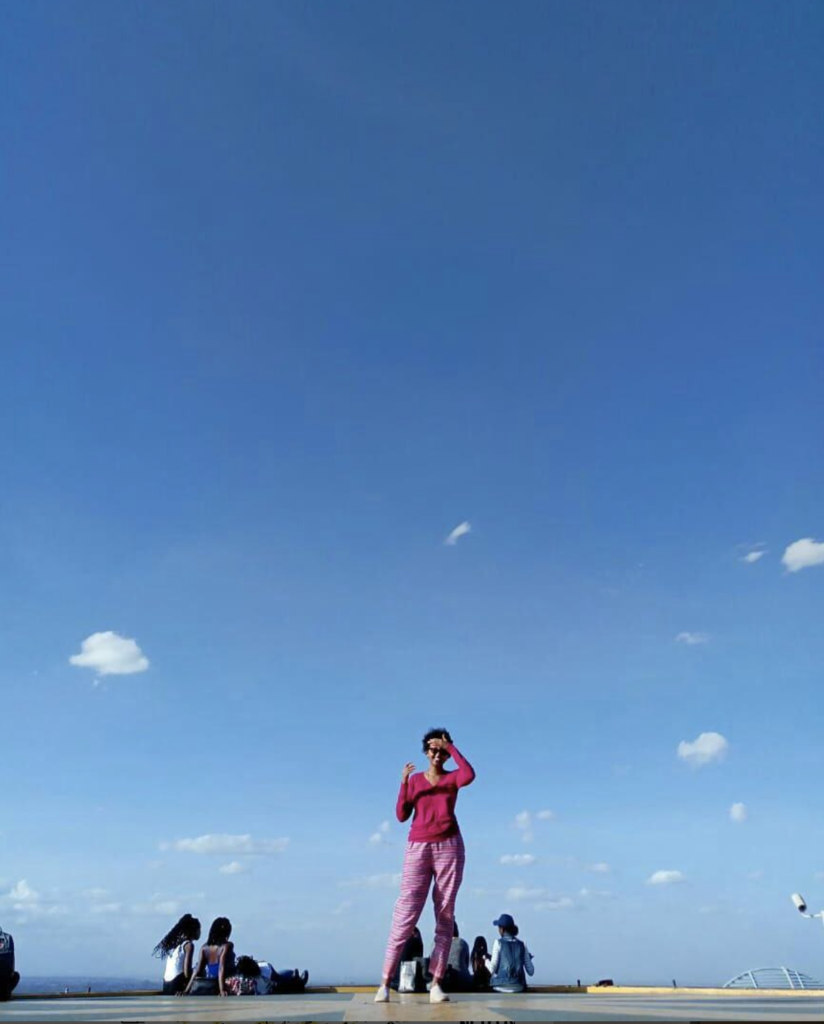
WHO
I am an urban enthusiast who engages herself in diverse urban topics especially focusing on the public space and streets. I am studying with. major in Architecture, while doing online courses on urban-related areas mainly relating to public spaces. I am certified in Future Livable cities and Social Science Methodologies for urban research.
Based in Addis Ababa, Ethiopia, I have worked at The Urban Center major data-centered research institution in Addis Ababa. Adding to my experience in analytical research, I have also accomplished a one-year practical training scheme with the BBC. My experiences enable me to further investigate and understand our cities both from scientific and human story perspectives. I aim to work in community networks and campaigns to work towards the betterment of our cities.
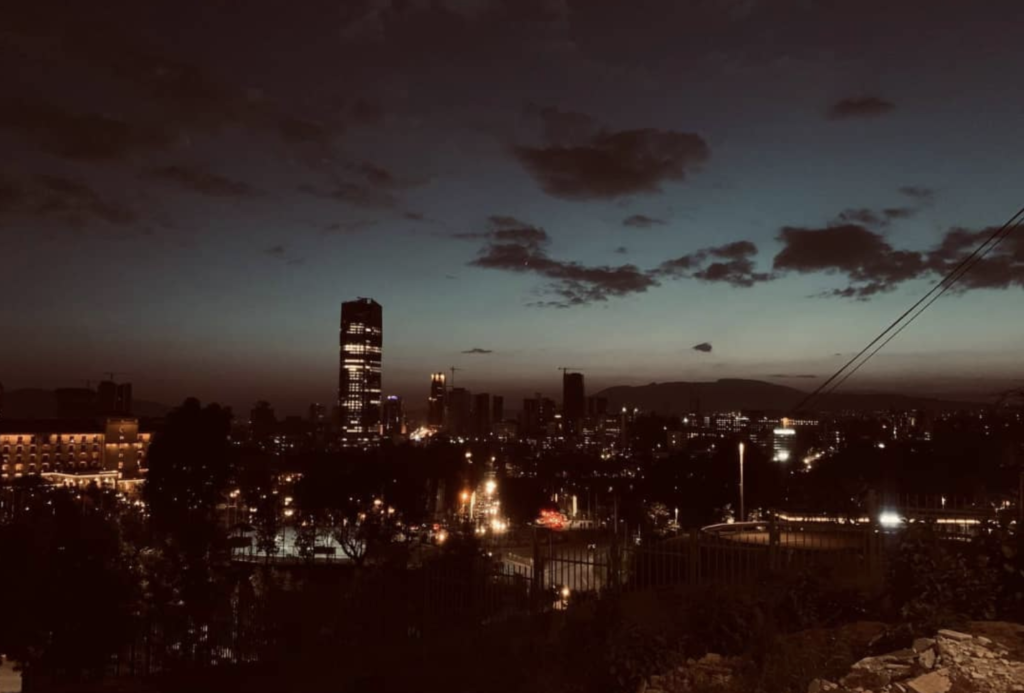
Source Instagram: @medi_tadesse
WHERE
I am based in Addis Ababa and will be a Correspondent of this city. Addis Ababa faces major traffic mobility challenges where the public transit is inadequate. As the capital city of the country, the city also faces a high immigration rate which adds to its already challenged infrastructure.
I hope to see discussions on African/developing cities where private car mobility accounts for the least share (only 15% in Addis Ababa); however, the city faces car dominance and high traffic-related urban challenges as congestion, traffic fatality, and air pollution. As the majority are pedestrians and public transit users it’s quite ironic such cities face the same challenges with the developed cities where the reality is major dominance of private car ownership.
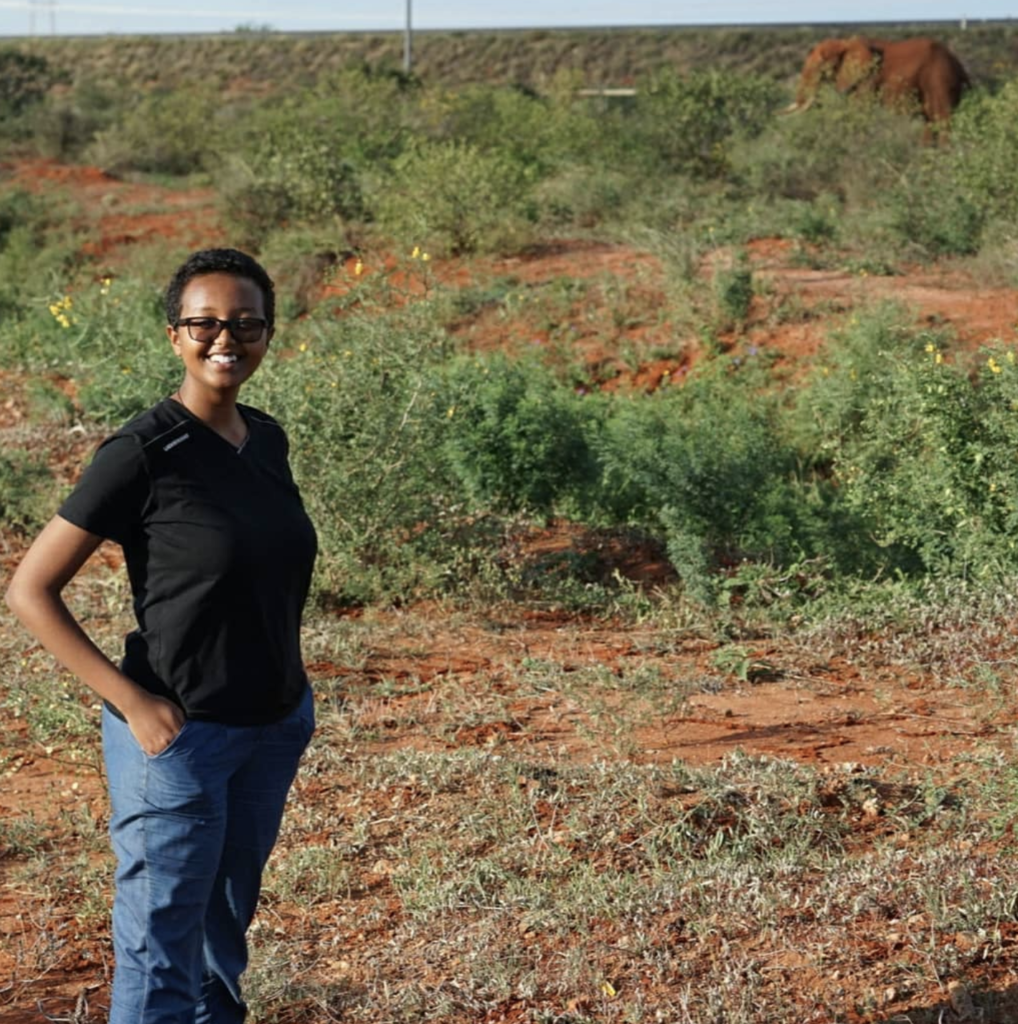
WHY WALKABILITY
In Addis Ababa, it is nothing new to see people leave home in the early mornings to take at least an hour and a half journey to their workplace. The public transit system is hardly functional so it is no surprise to see long queues in the early morning and late afternoons. I am motivated by a sustainable city model as I strongly believe our city lifestyle shapes most of what we can accomplish as a society. Starting from our individual mental health to our communal wellbeing, cities play a crucial role in the welfare of our species.
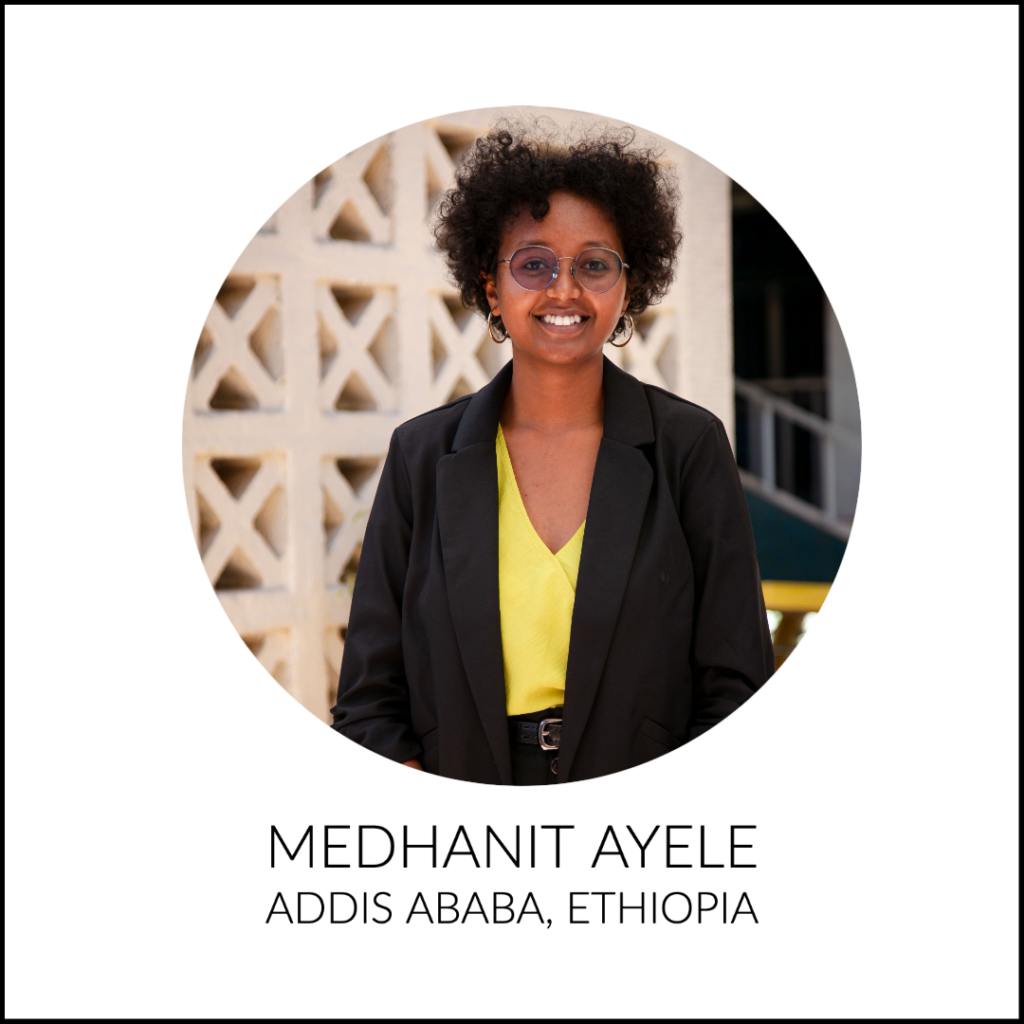
Medhanit is an urban enthusiast and soon to be architecture graduate who engages herself in diverse urban topics, focusing her work on the public spaces in our cities. She has worked on both data-driven analysis and writing content to bring forth better understandings of the cities we live in.
Learn more about the Global Walkability Correspondents Network here
